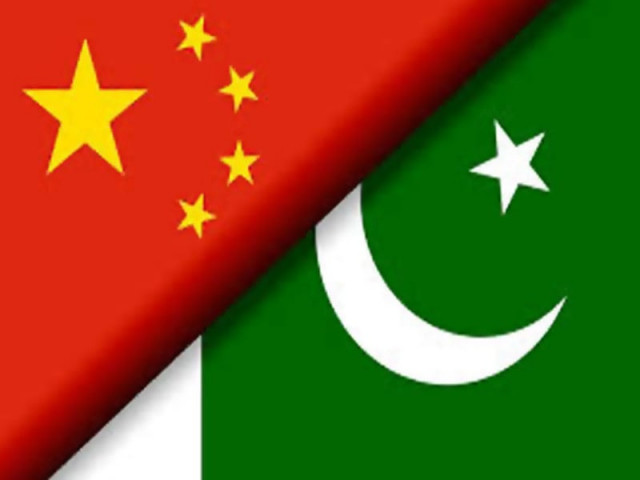China urges acceleration of agri-reforms under CPEC
Local red tape stalls progress; Beijing eyes long-term agri-supply chains, not just machinery exports

China, Pakistan's neighbour and longstanding economic partner, is pushing for an agricultural revolution in Pakistan, particularly in Punjab, under the China-Pakistan Economic Corridor (CPEC). However, despite structured plans and repeated diplomatic backing, implementation remains slow due to bureaucratic hurdles in Pakistan's agriculture sector.
While Beijing is eager to help modernise Pakistan's farming practices, delays from local departments and ministries continue to hinder progress. Chinese officials have long viewed Pakistan, and Punjab in particular, as a key partner in building sustainable agricultural value chains to meet China's rising food demands. In recent years, successive Chinese ambassadors to Pakistan have called agricultural cooperation a win-win opportunity. Yet, despite the diplomatic goodwill and planning, ground-level execution in Pakistan has failed to keep pace.
A recent visit by a delegation of Chinese agri-tech firms to Agriculture House in Lahore was the latest effort to energise bilateral cooperation. The delegation, led by senior company executives, met with Punjab's Minister for Agriculture and Livestock, Syed Ashiq Hussain Kirmani, and Secretary Agriculture, Iftikhar Ali Sahoo.
Kirmani said Punjab must now embrace technology-led farming. "We believe the time is right for Punjab to step forward and modernise agriculture," he said. "Our government has introduced leasing schemes and subsidies to make modern equipment accessible to farmers. We are also working to expand partnerships that will help bring investment and innovation to the province." He said Punjab's central role in Pakistan's food supply chain makes it critical to adopt solutions that increase yields and reduce labour-intensive practices.
Sahoo agreed and added that an enabling environment is being developed for farmers. "We have rolled out interest-free loans through the Bank of Punjab for farm machinery. We're also easing access to modern tools that boost productivity." Yet, the wider transition to modern farming techniques in Punjab has seen limited traction. Dr Khurram Safdar, an agro-economist from Faisalabad, said institutional flaws are to blame. "We're offering technology but ignoring farmer education, extension services, and infrastructure. Without these, adoption stalls," he said.
Progressive farmer Amir Shehzad from Sahiwal echoed that concern. "The equipment is too expensive, and there's little guidance on how to use it," he said. "Most farmers aren't tech-savvy. Without practical support and training, even a subsidy won't convince a small farmer to buy a digital machine." China's interests, meanwhile, go beyond machinery exports. In the long run, Beijing hopes to import value-added products like halal meat, fruits, vegetables, and grains from Pakistan. With a population of over 1.4 billion, China is seeking diversified food sources, and Pakistan, with its fertile land and agri-base, has potential to meet part of that demand.
"China wants to build long-term agri-supply chains, not just sell tractors and harvesters," said Muhammad Saleem, an agribusiness expert in Lahore. "If Pakistan upgrades its food processing and quality certification systems, it could unlock billions in exports, not just to China but also the Middle East."
According to the TDAP, the country's agricultural exports stood at $8 billion in FY24. Punjab contributed over 60% of key crops including wheat, rice, maize, and sugarcane. However, less than 10% of these are processed or packaged for global markets. In the livestock sector, Pakistan exported $512 million worth of meat in FY24, despite producing over 5.5 million tonnes.
Safdar said the missing link is post-harvest infrastructure. "Pakistan has the capacity but lacks cold chains, food safety certifications, and logistics. These are pre-requisites to meet Chinese import standards," he said. "The recent visit by Chinese firms shows interest from Beijing is intact. The recent visit by Chinese firms is a clear indication that interest from Beijing is still strong", he said, warning that "unless institutional inefficiencies are addressed and reforms are implemented at the ground level, Pakistan risks missing out on a strategic opportunity to boost its agricultural economy and exports. Technology, credit, and training must reach the farmer, not just sit on paper."








1733130350-0/Untitled-design-(76)1733130350-0-208x130.webp)












COMMENTS
Comments are moderated and generally will be posted if they are on-topic and not abusive.
For more information, please see our Comments FAQ